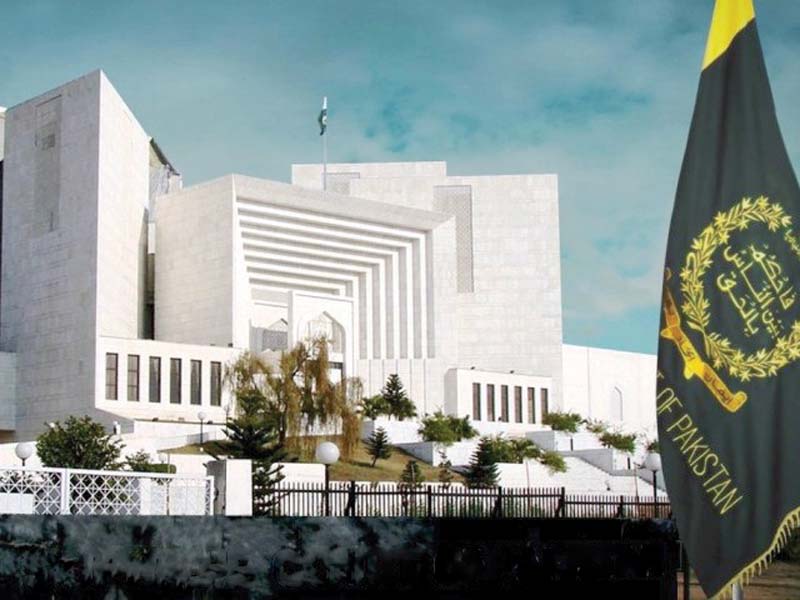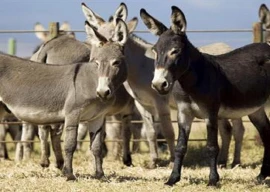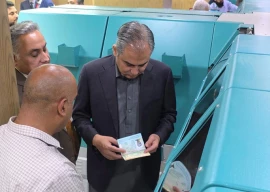
“One should not form the impression that the Supreme Court has allowed the consumption of alcohol,” it has observed.
On October 27, the SHC directed the Sindh’s inspector general police and Excise Department’s director general to implement its October 18 order for revoking licences of all liquor shops and shutting down all such businesses.
SC sets aside SHC order on closure of wine shops
The Supreme Court’s three-member bench, headed by Justice Saqib Nisar, on Wednesday allowed the appeals against the SHC’s verdict filed on November 14 on behalf of eight alcohol dealers from Sindh.
Two leading counsels – Asma Jahangir and Shahid Hamid – appeared on behalf of the wine shop owners.
The appeals said the SHC verdict had jeopardised the livelihoods of more than 24,000 people affiliated with the business. They said the high court had sought the opinion of only three religious leaders while declaring that none of the minorities consumed liquor during any religious ceremony.
They contended that the high court did not consider the views of all religious minorities living in Sindh, including the Parsi community.
Calling the petitioners’ law abiding citizens, the petition said they had paid duties amounting to more than Rs3 billion in 2015 alone. “As a result of the cancellation of the petitioners’ licences, people have started consuming unlicenced and unregulated alcohol, resulting in several deaths,” it said.
Stating that the decisions of the Federal Shariat Court (FSC) were binding on the high court by virtue of Article 203-GG of the Constitution, it said the SHC had ignored various dictums of the Federal Shariat Court while passing its October 27 order.
According to the petitions, the SHC erred in holding that liquor could be sold to non-Muslim foreigners for religious ceremonies only, adding that under the law restrictions only applied to sale to non-Muslim citizens of Pakistan and not to non-Muslim foreigners.
During the course of hearing, Member of National Assembly Dr Ramesh Kumar Vankwani appeared before the top court and requested to allow him for impleadment in the instant matter. He told the top court that Geeta, the holy book of Hindus, prohibits Hindus from consuming alcohol.
“Every religion prohibits the sale and consumption of liquor,” he said, adding that the issuance of licences in the name of minorities is maligning their religions. Welcoming the SHC decisions, he said the other countries had not legalised the alcohol in the name of religion.
Justice Nisar observed that if the business is being conducted and misused in the name of a community then it should be given opportunity for impleadment.
Hamid, representing some of the wine shops of Sindh, informed the bench that the writ in SHC was only confined to four shops but the high court directed to close all the shops.
Sindh alcohol sellers challenge SHC ban
“The high court, in this way, assumed the suo moto jurisdiction,” he said, adding that the SHC had failed to correctly interpret its jurisdiction under Article 199, whereby it is not empowered to assume suo motu jurisdiction to exercise its powers.
Justice Nisar observed that the points raised were perhaps not attended by the high court. “It seems that the high court has gone beyond the scope of the petition while issuing the order,” he said. The SC has yet to issue a written order in this regard.
Published in The Express Tribune, November 24th, 2016.


















COMMENTS
Comments are moderated and generally will be posted if they are on-topic and not abusive.
For more information, please see our Comments FAQ